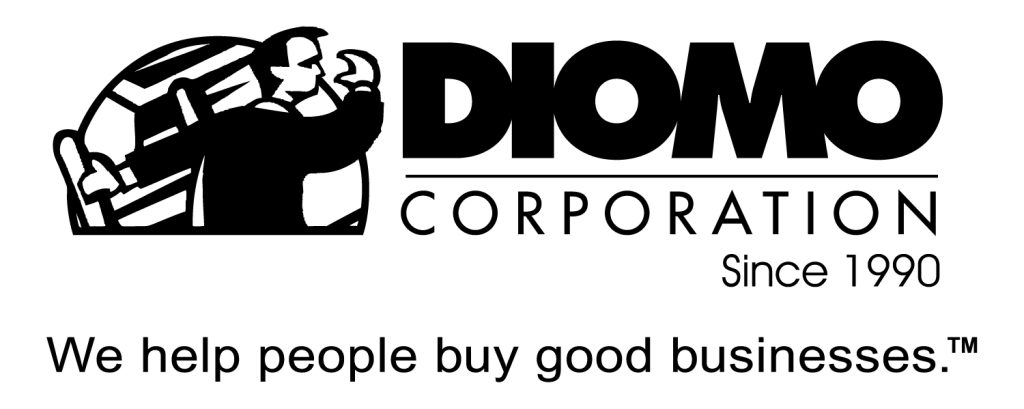The title of this post is a bit misleading; it shouldn’t be “if” problems arise but rather “when” they do.
I can almost guarantee that you will uncover certain issues during due diligence that were not previously tabled.
These can be outright misrepresentations by the seller (i.e. customer contracts that are in jeopardy), or other items you uncover in your research that give you cause for concern about the future viability of the business.
The one thing you do not want to do is run to the seller or broker every time there’s a problem expecting a deal concession. Doing so will cause the seller to not recognize the severity of any single issue and will likely give the impression that the buyer is looking for every excuse to either reduce the price or not do the deal at all.
Instead, compile the issues. I like to categorize them on a scale from one to three with one being something I can live with and three being a potential deal breaker.
Clearly, if you are uncovering too many issues ranked a three, the pattern isn’t good and it may necessitate you having to approach the seller prior to the official end of the due diligence period.
Ideally, everything will go well during this phase, you will not encounter any deal-breaking issues and you can move on to a closing. However, that’s not always the case. Once you have completed the formal due diligence period and prior to the deadline where you can rescind the deal without penalty, you will need to review your findings with the seller.
Tactically, you will want to list a tradeoff or concession for any key issues. If the issues are the financials, a reduction in price may be in order. If there are some potentially expiring customer contracts you may want to tie their renewal to an earnout. If you determine there are a few critically important employees needed to sustain the business, you will want to add a condition that they will enter a separate employee agreement with you. There can be countless issues that come up or there can be very few.
The key points to remember are:
- Complete the review unless something catastrophic arises (and be sure not to let incidents become catastrophes).
- Gather your findings and rank them.
- When necessary be prepared to renegotiate.
- Before any renegotiation, consider potential resolutions and accommodations that can address your findings and concerns.
The formal due diligence stage is the last step before you’re all in on the deal.
Plan it properly. Gather the facts. Be prepared for all scenarios: to accept the findings, renegotiate or walk. If you compile a flawless review, the desired outcome will become obvious and you will know exactly what to do as the next step.

